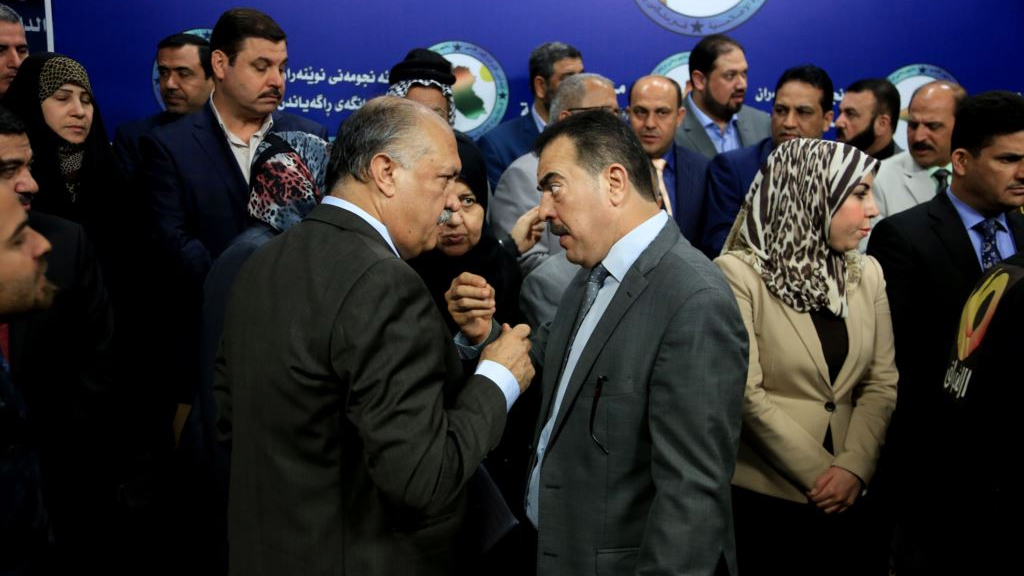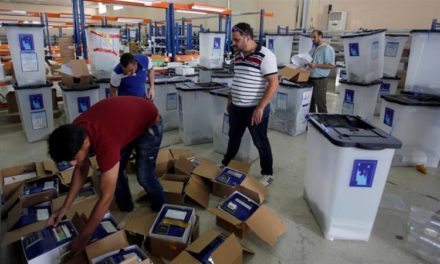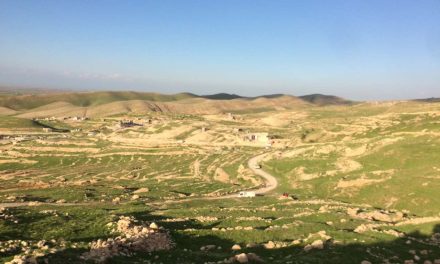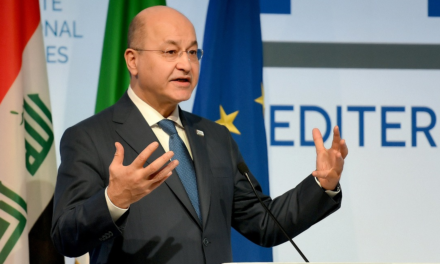In every country, there is a healthy system of checks and balances between the political outlook of officials and the administrative requirements of running the executive branch. The right balance allows the state to govern effectively, giving it the required stability and at the same time make it subject to necessary change. In Iraq however, the informal way of doing things is more pervasive, allowing many aspects of the administrative life in the state to be highly politicized, which causes instability inside institutions and makes professionalism non-existent.
The case of the Council of Representatives member Alya Nusayyef and her secretary demonstrates this clearly. The Inspector General’s Office of the Ministry of Interior published recently a video in which Nusayyef’s nephew, who works in the capacity as her personal secretary and is also an employee in the Commission of Integrity was apprehended by the police. He was filmed red-handed receiving $4,500 in cash, which was part of a $60,000 bribe in order to gain the proper permissions and provide the required facilitations to open a gas station. He admitted also that Nusayyef’s organization, ‘Al-Alya For Progress and Development’ was used in order to receive applications from citizens who are seeking government jobs, transfers from one post to another, social care salaries, weapons permits, and other things. The secretary confessed that their major activity was inside the Ministry of Interior, and that Nusayyef would use her influence as a member of the Council of Representatives in order to get the applicants what they want.
There is more to this than the standard act of corruption as Nusayyef has been vocal in criticizing the Inspector’s General offices, especially Jamal Al-Asadi, the Inspector General for the Ministry of Interior. It is clear that her escalating attacks in the media against Jamal Al-Asadi are likely motivated by the fact that he was looking into her kin’s activities inside the ministry. She has also pointed out some shady activities in the case of ‘Hajji Hamza Al-Shimmari’. Hajji Hamza is a corrupt businessman with wide connections with officials and other businessmen who was running money laundering and prostitution rings inside Iraq. The ministry recently closed down multiple illegal nightclubs belonging to him and arrested him, but apparently during the sting operation a large sum of money found in one of his properties went missing. The safe containing the money, which was filmed by one member of the arresting SWAT team is yet to be accounted for.
In light of Iraq’s corruption epidemic, cases like these seem to be minor. Regardless of how critical they might appear of the state in the media for its weak measures against corruption, this case sheds light on how powerful officials like members of the Council of Representatives contribute actively to corruption inside state institutions and enabling a culture of it.
While the job of a legislative member should be fulfilling the demands of citizens and representing them on critical matters, legislators in Iraq take this to a micro-level in order to get citizens’ support. They engage in fulfilling the requests of citizens on an individual level to the extent where this becomes their major activity in order to get re-elected, neglecting their actual role in crafting laws that benefit the people.
Furthermore, when members of the legislative branch engage in these activities, they start with ‘soft corruption’ which is about ‘unethical conduct that undermines good governance’, taking forms like offering support to government officials for nominations in return of receiving favors for individual citizens and themselves. Such activities can turn quickly into ‘hard corruption’ such as receiving payment from citizens and businesses in order to apply their vast networks inside state institutions to get things done that should normally happen without their intervention.
The logic these politicians use is that given the bureaucratic epidemic, it takes the state institutions forever in order to fulfill the peoples’ needs, therefore requiring some intervention ‘in favor of the people’. In this case, the politician poses as the hero who can cut through the red tape and get things done for the helpless citizen. Without doubt, members who engage in such activities design their approach in such a way that it is very hard to implicate them if one of the people affiliated with them is caught, often claiming that they did not know about the shady activities of their aides. Regardless of whether they speak the truth or not, such behavior gives informal networks immense power over state institutions, stifling their natural flow of operations drastically, which leads to even more ineffectiveness.
In order to tackle corruption in Iraq, soft corruption and informal networks need to be addressed, because they enable the suitable environment for ‘hard corruption.’ This is a difficult task because it is related to a culture that sees in ‘wasta’ an important approach to get things done. It is very challenging to achieve progress against corruption in such a culture, yet it is not impossible. Decision makers need to inform themselves how nations were able to achieve progress instead of just giving anti-corruption empty lip-service.
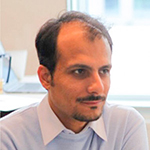
Muhammad Al-Waeli
Muhammad Al-Waeli is a Ph.D. candidate in management focusing on leadership and reform in Iraq.

